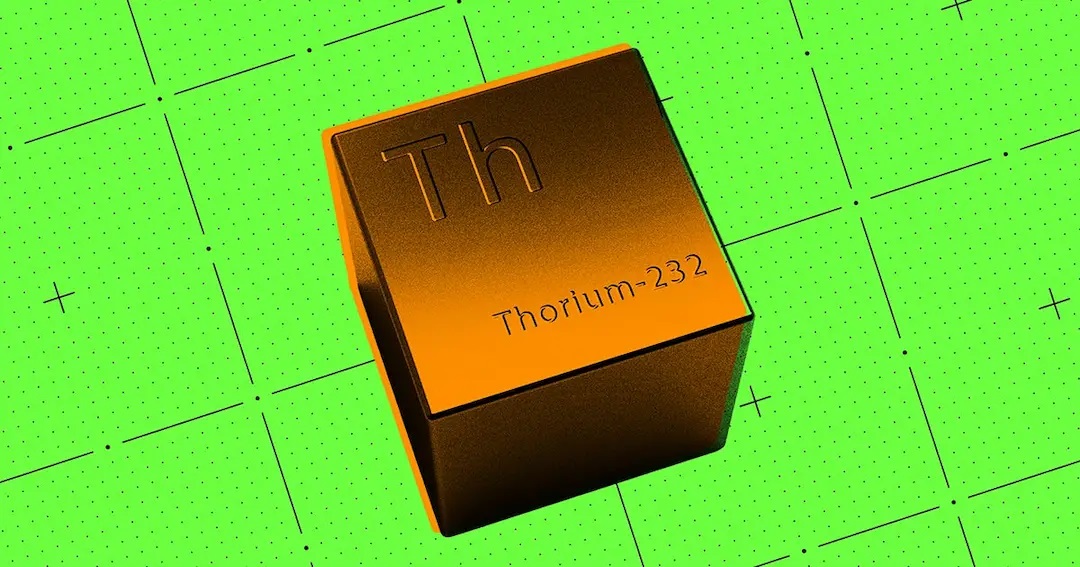In the wake of satellite images capturing a large nuclear fusion site in Sichuan, China’s nuclear advancements continue to draw global attention—this time in the realm of nuclear fission.
At a recent closed-door session, scientists from the Chinese Academy of Sciences disclosed a major achievement: the successful operation of a thorium-fueled nuclear reactor situated in the Gobi Desert. According to South China Morning Post, this facility reached full operational capacity in June last year and has now accomplished an unprecedented feat—refueling while the reactor remained active.
This development represents a significant step forward in nuclear energy innovation. Thorium, unlike uranium, is more abundant and considered less suitable for use in nuclear weapons, making it a potentially safer and more accessible fuel alternative. The World Nuclear Association notes that thorium-based fuel is unlikely to be misused for producing weapons-grade material.
The Gobi Desert installation is a two-megawatt experimental reactor that utilizes molten salt both as a coolant and a fuel medium. This type of molten salt reactor (MSR) poses fewer meltdown risks compared to conventional water-cooled reactors, primarily because molten salts can store and transfer heat more effectively at lower pressures.
Interestingly, the MSR concept is not new. It dates back to post-World War II America, where it was briefly explored as part of efforts to build nuclear-powered aircraft. In the early Cold War years, the U.S. invested heavily—nearly $1 billion—into a stealth bomber project powered by thorium reactors. However, by 1961, Congress had shut down the initiative, and uranium was embraced as the dominant nuclear fuel, largely due to its strategic value in defense applications.
Source- Futurism
https://neometrixgroup.com/products/dynamic-snubber-shock-arrestor-test-facility

